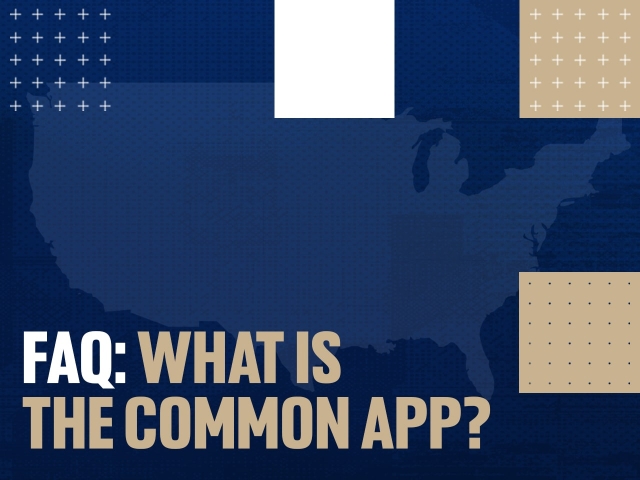Four Things to Keep in Mind:
1. It's a tool, not a toy. Social media isn't just something for your own entertainment. If used effectively, social media can be an asset to help a student-athlete's individual brand, their community, their team and the school they represent. 2. Nothing is truly private… ever. There are two types of social media users: Those who realise they are functioning in public and those who don't. While many kids think they can delete a tweet or delete their Facebook profile if need be, many don't realise that content posted on the internet can last forever. Content can be captured in screenshots or saved by other users. And that message someone thinks only his or her friends will see? Student-athletes should keep in mind that tweets, Facebook statuses, or Instagram photos could end up being viewed by thousands of people. 3. If you retweet it (or share it), you own it. Yes, this even applies to people who put that cliche saying, "RTs do not equal endorsements," on their Twitter profile. That phrase is basically worthless. "Freedom of speech does not equal freedom from consequences." This is something with which younger student-athletes struggle. They retweet a trash-talking tweet from a friend and all-of-a-sudden they can be caught in the middle of an ugly conversation over the internet. For Example - Ryan Spadola, now a wide receiver for the Detroit Lions. In 2011, Spadola was a top wide receiver at the FCS level of college football for Lehigh University. Before an NCAA quarterfinal game, he retweeted "an inappropriate and repugnant racial reference." Even though the tweet wasn't Spadola's, he was still suspended for retweeting the message. 4. Personal branding: Every tweet reflects who you are. How are student-athletes choosing to represent themselves? Are they sending the right message about themselves to the public? All use social media to learn more about candidates. What does your social media portfolio say about you? When it comes to social media, there are plenty of examples of what not to do. It's important to provide positive examples of how student-athletes should be using social media.What Should You Post?
1. Say thank you. This is always a good option. Teach student-athletes to take time to thank those who support them. Fans, teammates and family for example. 2. Support others. Student-athletes can provide a positive example for other students by sending positive messages about their peers in other sports or activities at school. 3. Share news and humor. Social media is meant to be fun. Join in conversations and share things you find interesting or entertaining. 4. Engage in discussion with those you admire. It was once difficult to interact or even hear from famous people that student-athletes admire. But now, you can follow them on Twitter and learn what they're talking about and even interact with them. 5. Post anything consistent with your personal brand. Again, how do you want to present yourself in public?"Live your life, don't tweet your life."
To Apply for a Sports Scholarship then get i touch with FirstPointUSA today!




